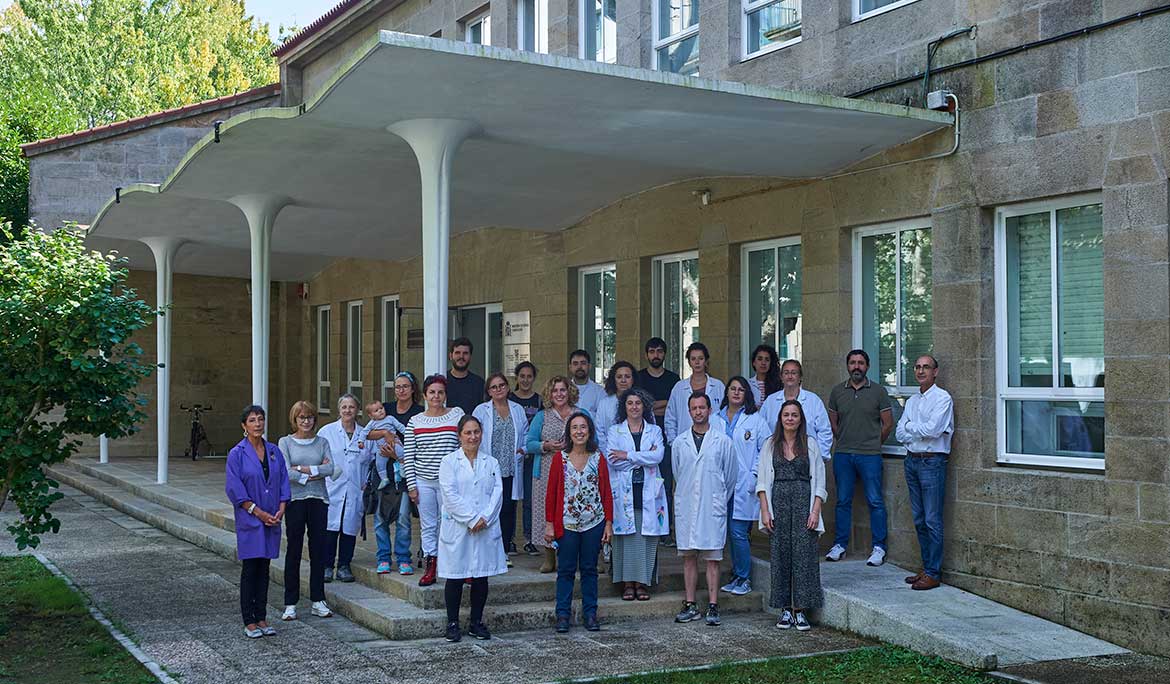Tipo de publicación:
Revistas indexadas en la Web of Science o en SCOPUS
Enlace a publicación:
https://doi.org/10.1016/j.geoderma.2018.12.019
Abstract
This study investigated the effects of hydroperiod on soil organic matter quality in three different salt marshes in the Baiona lagoon (N Italy) representing terrestrial, intertidal and subaqueous ecosystems in the area. The study specifically aimed to gain some insight into how soil waterlogging (hydroperiod) affects the chemical and biological properties of soils as well as the quality and structure of the soil organic matter (SOM). Total contents of selected nutrients, total organic carbon and carbon stable isotope (δ13C) were measured in all soil profiles. The results of these analyses enabled us to define the different origin of the SOM by discriminating between terrestrial and aquatic SOM sources. The findings also show that accumulation of nutrients and SOM is significantly magnified in intertidal systems, in which pedoturbation effects induced by water movements are particularly strong. In addition, DRIFT spectra of humic acids revealed the changes in the main functional groups in relation to increased waterlogging, highlighting the lower aromaticity and complexity in subaqueous soils (SASs), which is possibly due to the effect of the soil water saturation on the chemical and biological SOM transformation processes. Microbial biomass carbon (MBC), microbial quotient (Qmic) and the activities of some soil enzymes were measured to estimate soil metabolic activity in the systems and to evaluate how the microbial pool contributes to transforming the SOM. In all systems, the enzymatic activities were generally higher in subsurface horizons than in the surface horizon. This unexpected behaviour can be explained by the combined effect of water movement, erosion processes and preservation of SOM under anaerobic conditions. This study represents an attempt to investigate and understand the ongoing degradation processes in salt marsh ecosystems. The findings emphasize the strong influence of water flow and erosional processes associated with soil waterlogging on chemical and biological reactions in intertidal and subaqueous systems.
Grupos:
GRUPO DE REFERENCIA COMPETITIVA DE CONSERVACIÓN Y MEJORA DE SISTEMAS AGROFORESTALES
Investigadores:
Bello D.
Ferronato Ch.
Francioso O.
Marinari S.
Vittori Antisari L.
